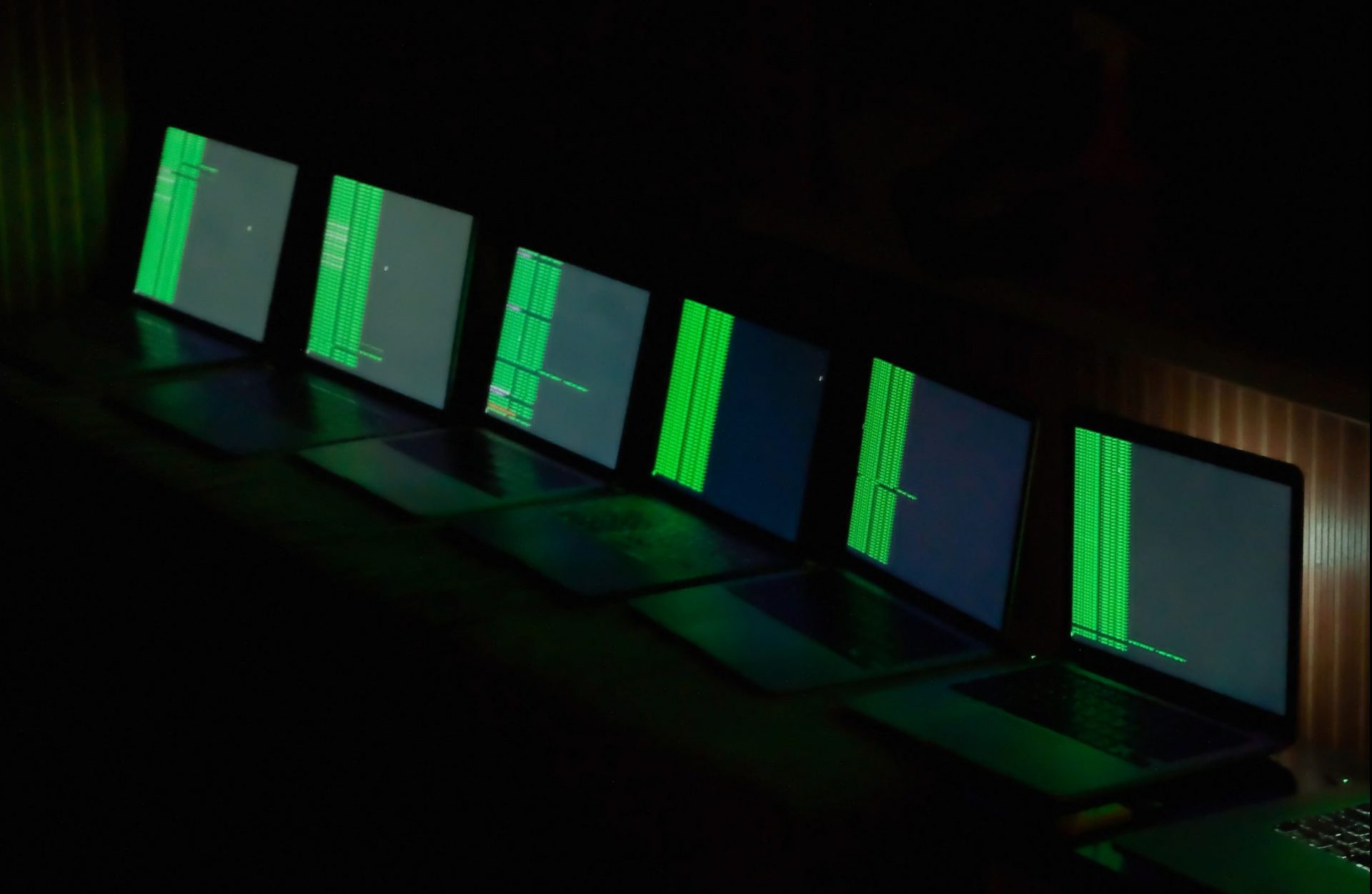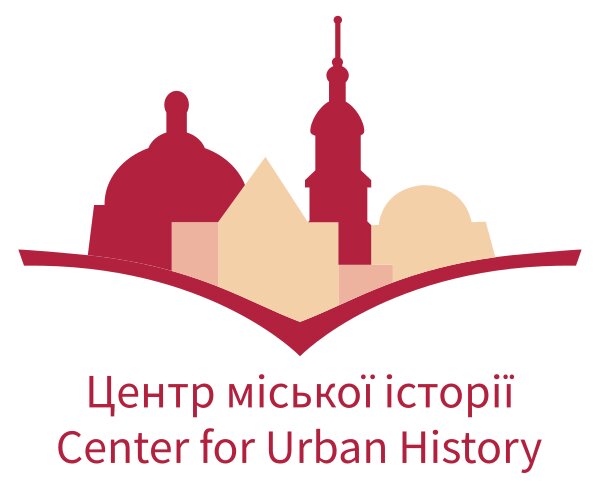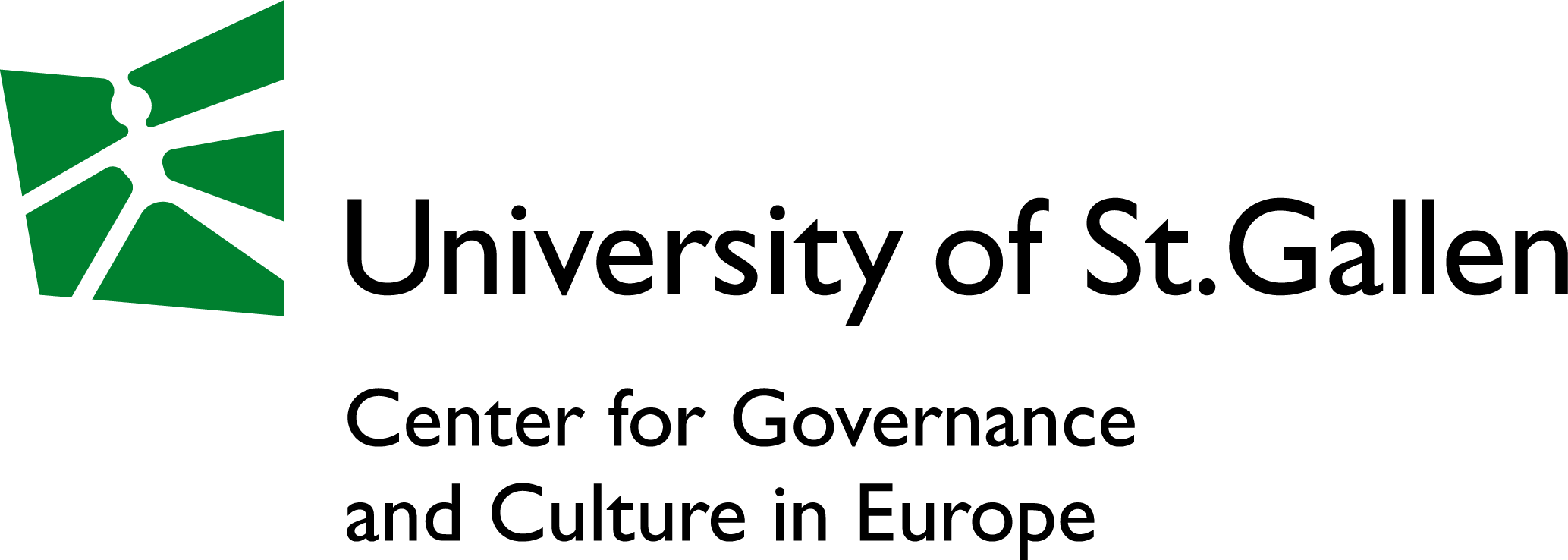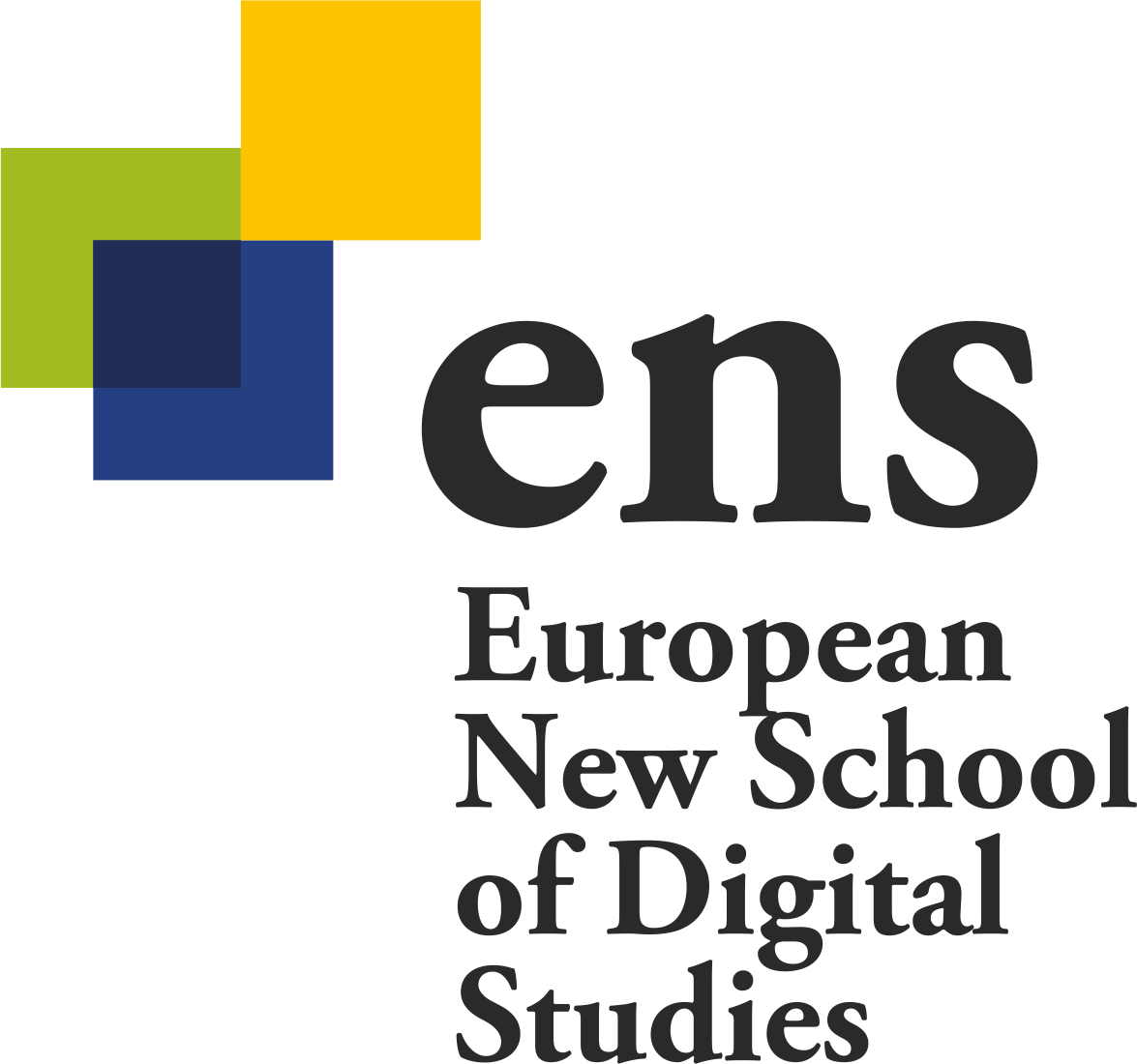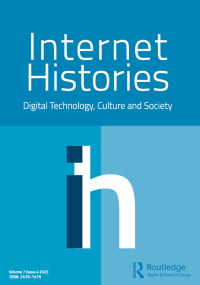Reassembling the Computer Networks of Eastern and Central Europe: From the Collapse of Soviet Bloc to the Russia-Ukraine War
Call for Papers
Special issue of Internet Histories. Digital Technology, Culture and Society and a conference "Histories and Legacies of the Digital: from Communist Cybernetics to Local Histories of the Internet".
Being neither unified nor static, the Internet has been continuously reassembled under the influence of various direct and indirect factors and agents. It has been affected by decisions of the Internet governing institutions, state and corporate tensions, natural disasters, pandemics, and climate change, as well as by changing political orders at wars and in so-called-peace (Dyer-Witheford & Matviyenko, 2019; Aben, 2022a, 2023). Today's telecom and Internet infrastructures in Eastern and Central Europe (ECE) present one of the most vibrant cases of such reassembling against a historical backdrop of constantly shifting and conflicting ideological, institutional, technological and political realities that still remain understudied.
The disintegration of the Soviet Union that led to the emergence of multiple independent states in the 1990s also intensified the development of today's predominantly private Internet and IT industries. The faster and cheaper Internet has enabled the growing exploitation of platform labour and visible militarization of the Internet by cyberattacks, digital infrastructure hacks, and surveillance. Corporate and state claims to control parts of the Internet infrastructure within and outside state borders have led to ongoing tensions and reconfiguration of the established networks. Moreover, such processes were sped up by conflicts and wars such as the 2007 cyberattacks on Estonia, the 2008 cyberattacks on Georgia during the Russia-Georgia war, or the current Russia-Ukraine war that presents continuous rebooting of the Internet technologies in response to the demands of the war. All these and similar factors and events continue to shape and reshape the Internet infrastructures in ECE entangled in Soviet technological and political legacies.
The computer network projects in the former Soviet Bloc influenced by a series of factors, from cybernetic techno-optimism (Gerovitch, 2004) to the rigorous competition between government bureaucrats and economists in the planned economy (Peters, 2016), from far-reaching decisions on the hardware architecture (Zhabin 2020) to transnational academic networks exchange (Rindzevičiūtė, 2016; Wasiak 2015; Leslie & Gryczka, 2014). The implications that could be drawn from such projects for multiple network infrastructures after the collapse of the Soviet Bloc remain relatively understudied.
ECE countries have undergone an extensive process of modernisation and, at times, privatisation of their telecommunications infrastructures (Campbell, 1995; Bareikytė, 2022). Over the past thirty years, various IT and telecom companies, start-ups and platforms have emerged in these countries, which extensively developed the IT-outsourcing markets or digitalised their public digital infrastructures, with Estonia being perhaps the most prominent example (Kattel & Mergel, 2019). Simultaneously, the example of Estonia illustrates how the development of the idea of an "information society" was built upon a discourse of "rupture" from Soviet cybernetics while still referring to its legacy (Velmet, 2020). This special issue and the conference focus on deepening the exploration of such projects and their path dependencies (Bijker et al. 1993) for the countries that emerged from the Soviet Union after the so-called transformation period (Förster, 2000).
To date, there is a need for broader historical and critical research on the contemporary histories of the post-Soviet private and public ECE telecommunications and platform industries as a sociotechnical phenomenon (Abbate, 2000; Driscoll & Paloque-Berges, 2017). It is also worth taking into account the multiple temporalities (Koselleck, 2004) that Soviet and post-Soviet in different countries or even localities of the region represent. This is crucial to better understand the historical politics of digitalization in Central and Eastern Europe and to explore political and ethical questions of data privacy, algorithmic accountability or platform labour rights in relation to these histories and their legacies (Aben 2022b).
Furthermore, as the war in Ukraine explicitly indicates, the Internet infrastructures are undergoing key historic transformations entangled with military action and the extensive use of simple to hyper-complex digital systems as part of warfare. The Internet's operational capacity had already been boosted by new demands initially during the COVID-19 pandemic. Then, the full-scale Russian invasion of Ukraine made it necessary to process the industrial volumes of data for military operations. Both civilian and military Internet infrastructures, nearly indistinguishable today, remain vulnerable to the highest-impact disruptive cyberattacks on the largest telecom infrastructures.
We therefore explicitly invite papers that address this gap with research on the contemporary histories and socio-cultural, critical explorations of the post-Soviet telecom, IT, and Internet infrastructures, as well as the related digital technologies and institutions in the ECE countries in times of war.
Topics can include, but are not limited to:
- Socio-technical historical accounts of the computer networks and infrastructures in the Soviet Union and Eastern and Central Europe
- Cybernetic histories and legacies (Soviet and beyond)
- The collapse of the Soviet Union and the privatization or non-privatization of Internet infrastructures
- Telecom and Internet infrastructures in ECE and its dis/entanglement with Soviet legacy
- War-driven technological changes of the Internet infrastructure
- Local histories and precise case studies of the ECE Internet
- Methodological approaches to study ECE Internet and telecom infrastructures
Submissions
The proposals are to be submitted to [email protected], explicitly mentioning CfP [Histories of computer networks of ECE] in the title.
- Proposals need to be a maximum of 250 words and include detailed sources, an explicit angle of analysis and outline, and a short author biography.
- Selected authors will be invited to submit a full paper through the editorial system, which will undergo full peer review and determine acceptance of papers for publication.
- Preceding the submission, the contributors will be invited to attend a conference "Histories and Legacies of Digital: from Communist Cybernetics to Local Histories of the Internet", organized by the Center for Urban History with the support of the Center for Governance and Culture in Europe at the University of St. Gallen in October 2024 in Lviv, Ukraine. The organizing institutions will cover their accommodation and travel within Europe. Participation is not mandatory. Should travelling to Ukraine become impracticable due to security reasons, a hybrid/online format of the event will be considered.
Timeline:
2024, 28 April: abstracts due
2024, 1 May: decision on acceptance of abstracts to be invited to submit full article
2024, 3-4 October: conference in Lviv
2025, February: first draft of articles due
2025, March-August: Review process and revisions
2025, November: all articles finished
2026, March: published
Internet Histories: Digital Technology, Culture and Society is an international, interdisciplinary peer-reviewed journal concerned with research on the cultural, social, political and technological histories of the internet and associated digital cultures. Instructions for authors can be found [here].
Editors:
Taras Nazaruk (Center for Urban History, University of Hagen)
Miglė Bareikytė (European University Viadrina)
Svitlana Matviyenko (Simon Fraser University)
Should you have any questions regarding this CfP, please feel free to contact us: [email protected].
Taras Nazaruk
Center for Urban History, University of HagenHead of Digital History projects at the Center for Urban History in Lviv and PhD student at the Public History Department at the FernUniversität in Hagen. He studied journalism and media communication in Lviv (B.A.), Wrocław and Brno (M.A.). Since 2016, he has been coordinating the Lviv Interactive project, an online encyclopaedia presenting the history of the city of Lviv in the 19th and 20th centuries from a spatial perspective. In 2022, he started the Telegram Archive to document Russia’s war in Ukraine, which is also a subject of his PhD research project titled “Social Media and Civic Digital Archiving to Research Russia’s War on Ukraine. Case Study of the Telegram Archive”. The project is aimed at developing formats of archival access to minimise safety risks and unethical use of social media data while enhancing its accessibility for research. Since 2023, he has been involved in developing a network of initiatives documenting Russia’s War in Ukraine. His areas of research interest include digital history, social media and archiving, urban media and communication, Soviet cybernetic legacy, and Internet histories.
Prof. Dr. Miglė Bareikytė
European University ViadrinaHolds the Chair for Digital Studies at European University Viadrina in Frankfurt (Oder), where she is a dual member of the Faculty of Social and Cultural Sciences and the European New School of Digital Studies (ENS). For many years, she has been researching digitalization with a special focus on Central and Eastern Europe. Her dissertation “The Post-socialist Internet” explores the development of the internet in Lithuania from a media ethnographic perspective based on participatory observation, interviews and archival research. It describes and analyses labour practices, geopolitical imaginaries, and critical negotiations that develop and maintain the internet in Lithuania. Since 2022, she has been researching media and data practices during Russia’s war against Ukraine in cooperation with colleagues from the University of Siegen and the Center for Urban History in Lviv. In addition, Miglė’s research extends to the study of historical and contemporary disinformation practices and labour organizing in the context of algorithmic economies.
Dr. Svitlana Matviyenko
Simon Fraser UniversityAn Associate Professor of Critical Media Analysis in the School of Communication and Associate Director of the Digital Democracies Institute. Her research and teaching, informed by science & technology studies and history of science, are focused on information and cyberwar, media and environment, critical infrastructure studies and postcolonial theory. Matviyenko’s current work on nuclear cultures & heritage investigates the practices of nuclear terror, weaponization of pollution and technogenic catastrophes during the Russian war in Ukraine. Matviyenko is a co-editor of two collections, The Imaginary App (MIT Press, 2014) and Lacan and the Posthuman (Palgrave Macmillan, 2018). She is a co-author of Cyberwar and Revolution: Digital Subterfuge in Global Capitalism (Minnesota UP, 2019), a winner of the 2019 book award of the Science Technology and Art in International Relations (STAIR) section of the International Studies Association and of the Canadian Communication Association 2020 Gertrude J. Robinson book prize.
Credits
Cover Image: Olesya Saienko / Visual Documentation of War / Urban Media Archive of the Center for Urban History
